In the dynamic landscape of today’s digital work environment, project management is more multifaceted than ever. As project managers, you often find yourselves navigating various tasks—coordinating team efforts, managing resources, and ensuring that deadlines are met. Integrating artificial intelligence (AI) into your project management process can feel overwhelming, but it unlocks numerous opportunities to streamline operations, enhance productivity, and improve decision-making. This guide aims to demystify AI-driven project management integrations by offering practical insights into how to incorporate AI into your existing tools, highlighting the benefits, and addressing common challenges.
We will also explore real-world examples from different industries, making it easier for you to understand how AI can enhance your project management approach. Whether you are involved in technology, construction, or healthcare, grasping AI tools can significantly empower your workflows and influence project outcomes.
Embrace the potential of AI, and prepare to transform your project management practices while improving your team's effectiveness and accountability. Let’s dive into how you can implement these technologies effectively.
Integrating AI Seamlessly with Your Project Tools
Integrating AI into your current project management tools can be a smooth and straightforward process. To begin, assess your existing project management solutions for compatibility with AI technologies. This assessment involves analyzing features of platforms such as Jira or Trello and identifying specific areas where AI can enhance productivity, like automating repetitive tasks or providing insightful analytics.
Next, you should identify specific integration points for AI functionalities. For example, you might want to add AI-driven predictive analytics to help forecast project timelines or utilize automated scheduling software to streamline your team's workflow. Customizing these AI tools to fit your team’s needs is essential, as every team operates in its own unique way.
Research shows that successful AI integrations can significantly streamline processes, enhancing productivity at a noted rate. Studies have indicated that AI tools can reduce project delivery time by as much as 25%. By thoughtfully incorporating AI into your project management tools, you are setting the stage for more efficient project execution.
An infographic outlining the steps for integrating AI into project management tools (Source: SoftwareSuggest)
Unleashing the Benefits of AI in Project Management
AI offers several advantages for project management, all of which can help enhance your team's performance. One of the key benefits is increased productivity. AI can sift through vast quantities of data in real time, enabling your team to make informed decisions quickly and effectively. With AI-powered dashboards, you can access live updates on project status and team performance, allowing for timely adjustments to workflows.
In addition, AI improves decision-making through real-time analytics, which facilitates better resource allocation and risk management. Organizations that have adopted AI in project management have reported reductions in project costs of up to 30%. Furthermore, AI predictive algorithms can predict potential project risks with an accuracy rate of 80% or higher. This capability enables you to address risks proactively rather than reactively.
By understanding and leveraging these benefits, you can significantly improve your team's overall efficiency and ensure that project goals are consistently met.
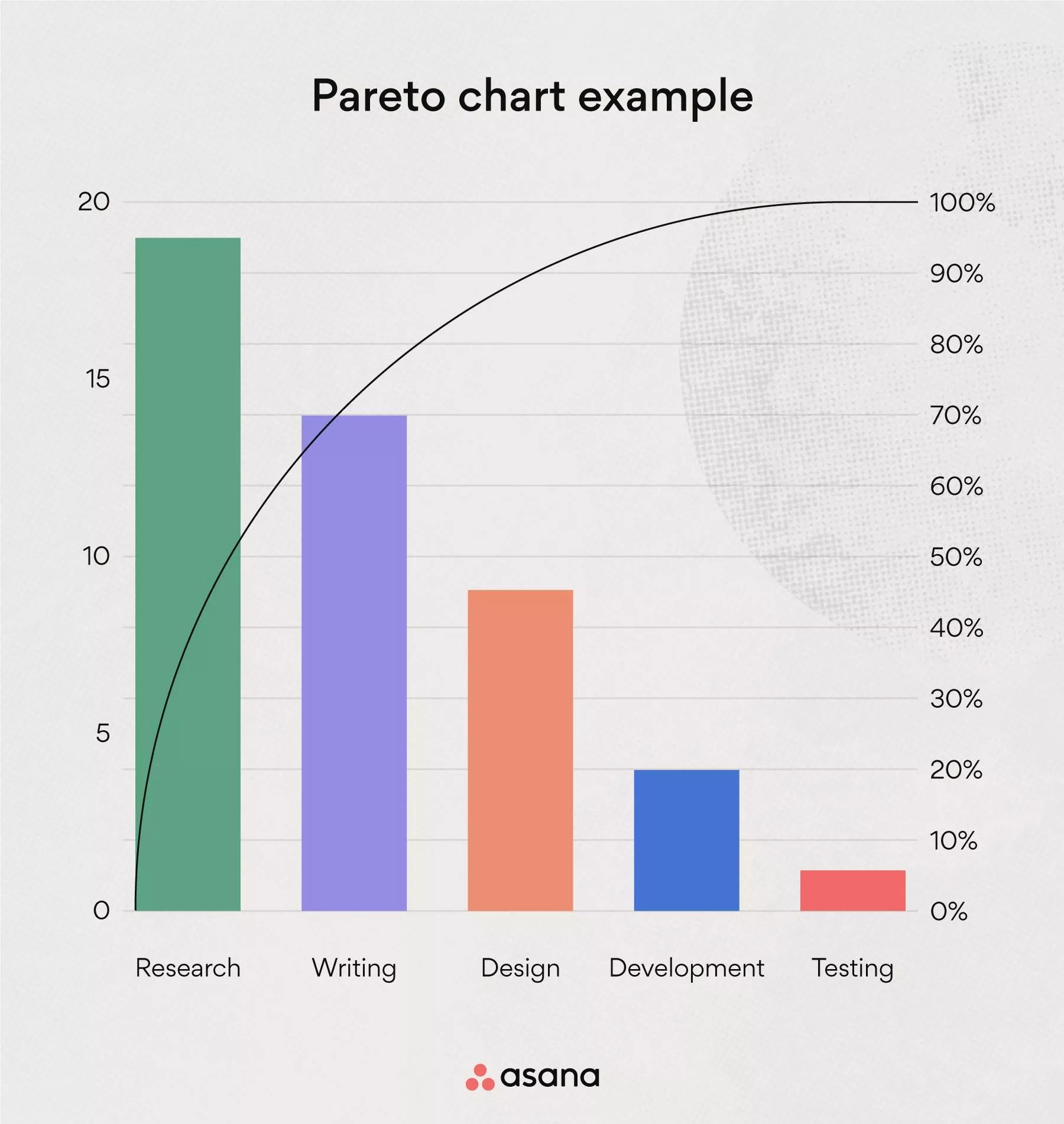
Overcoming Workflow Bottlenecks with AI Technologies
Bottlenecks in workflow can significantly hinder project progression. Recognizing these bottlenecks is your first step toward overcoming them. Common issues might include delayed approvals, ineffective communication, or misallocated resources.
AI technologies can assist you in identifying and addressing these bottlenecks effectively. For instance, utilizing predictive analytics allows you to anticipate delays before they affect your project timeline. Additionally, automating scheduling and resource allocation tasks can streamline processes, enabling your team to maintain forward momentum more effectively.
Research indicates that AI systems can reduce workflow bottlenecks by as much as 40% through improved management practices. By implementing AI-driven tools, you're positioning your team to operate more cohesively and efficiently, which ultimately leads to more successful project outcomes.
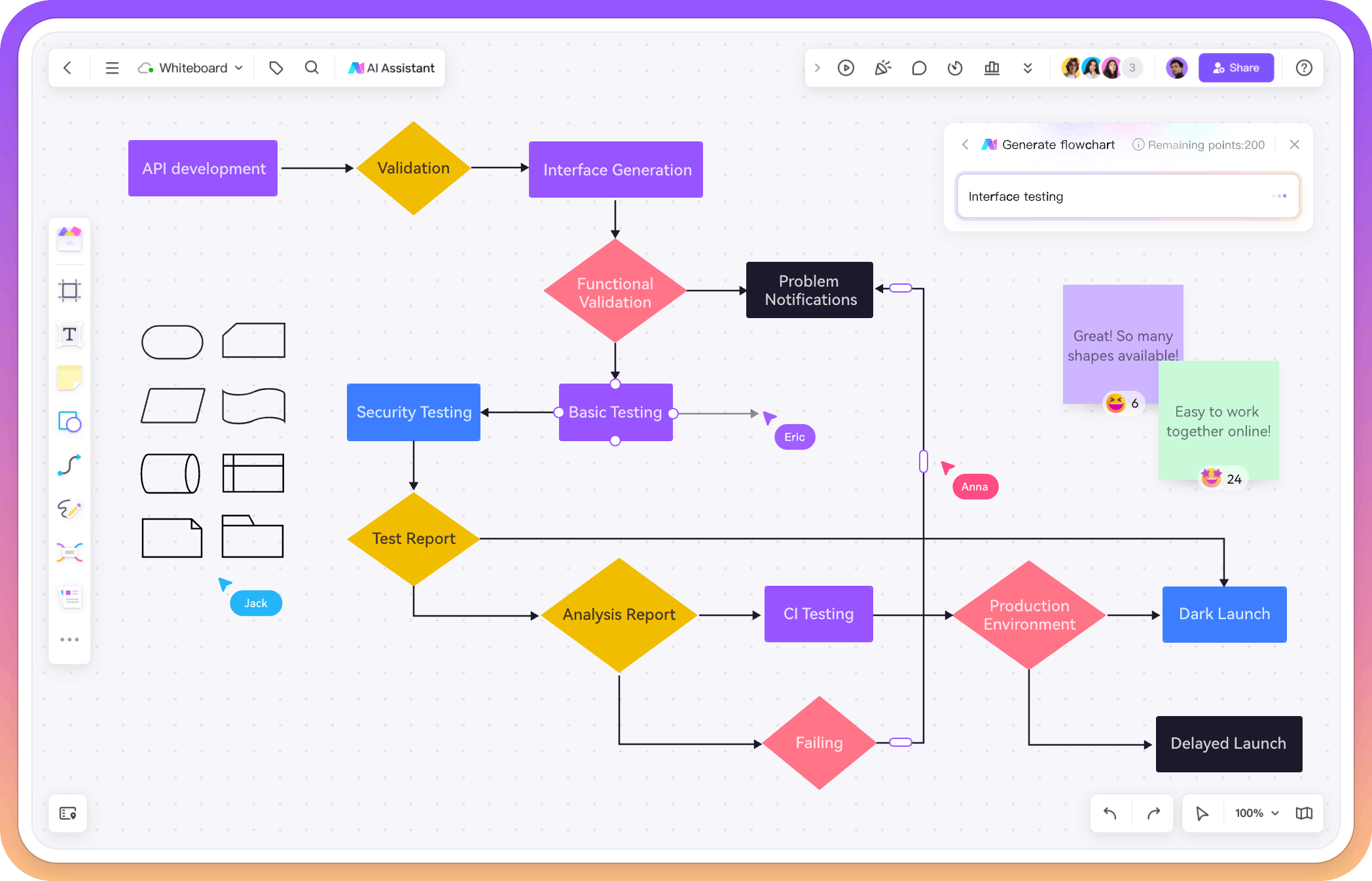 A flowchart illustrating a typical project workflow bottleneck scenario and how AI solutions can resolve these issues (Source: Boardmix)
A flowchart illustrating a typical project workflow bottleneck scenario and how AI solutions can resolve these issues (Source: Boardmix)
Enhancing Accountability Through AI Analytics
Accountability is a critical aspect of project management. With AI analytics, you can enhance visibility within your team, ensuring that each member's contributions are recognized. Using AI dashboards that provide live insights into task completion, timelines, and performance metrics significantly boosts team accountability.
AI can assign tasks based on real-time data, ensuring that work is delegated efficiently according to individual capacities and current workloads. Moreover, establishing benchmarks and performance metrics aided by AI allows for better tracking of individual contributions compared to traditional methods.
According to industry analysis, companies utilizing AI analytics report a 50% increase in accountability metrics among their teams. By leveraging these tools, you cultivate an environment where team members are motivated to excel, as they know their efforts will be fairly acknowledged.
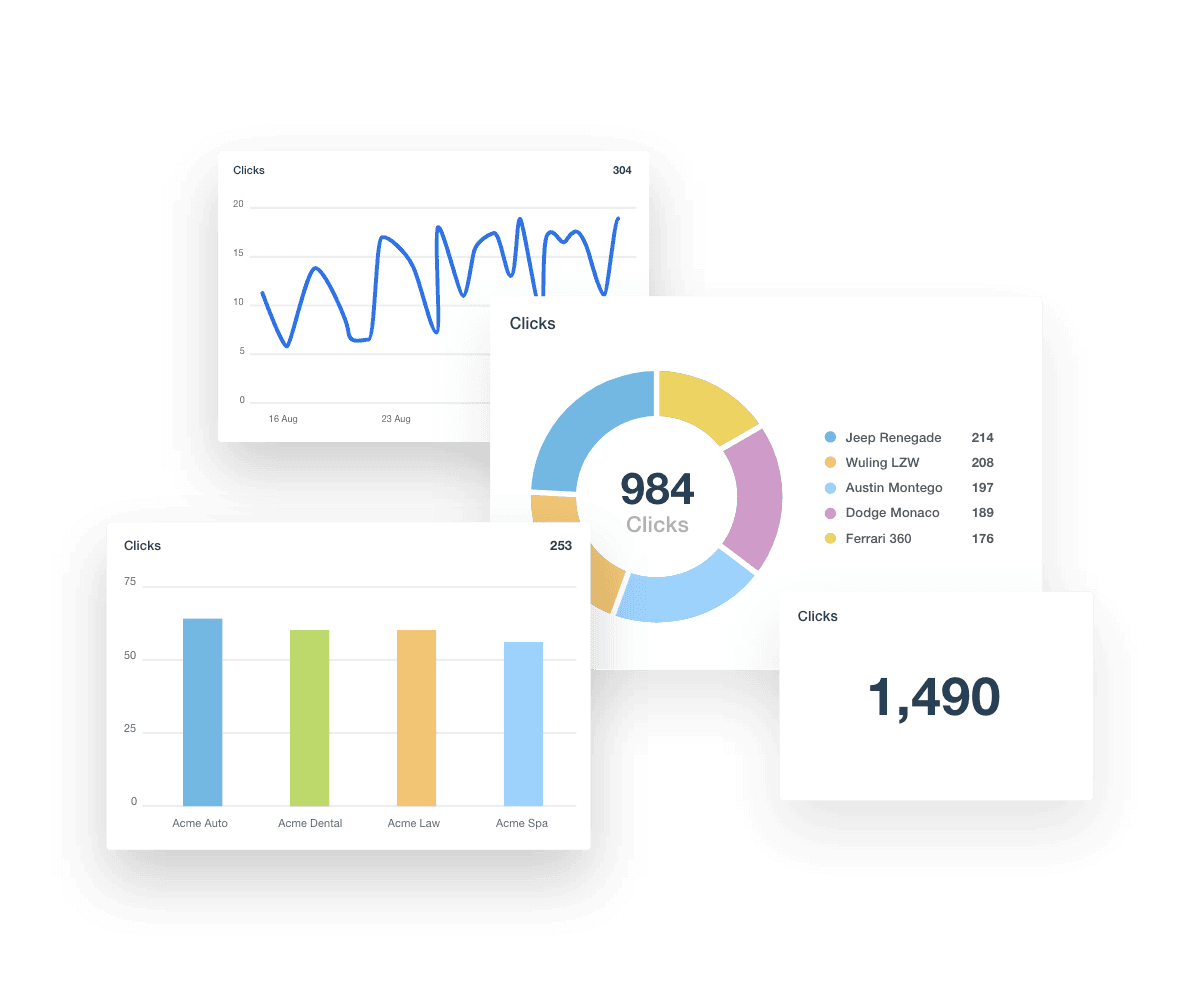 A screenshot of an AI-powered analytics dashboard displaying key performance indicators (Source: AgencyAnalytics)
A screenshot of an AI-powered analytics dashboard displaying key performance indicators (Source: AgencyAnalytics)
Automation: AI’s Role in Streamlining Your Processes
Automation through AI is one of the significant benefits that can free up your team to focus on strategic initiatives rather than mundane tasks. First, you should identify which routine tasks are suitable for automation—this can include administrative responsibilities such as scheduling meetings, tracking deadlines, or generating reports.
Employing AI to handle these tasks reduces the administrative burden on you and your team, while also increasing the overall accuracy of project management processes. AI systems execute tasks with high precision, minimizing the chances of human error.
Moreover, research highlights that organizations incorporating AI for automation can cut project management time by 30%. By embracing these practices, your team can navigate projects more effectively and achieve set goals with less strain.
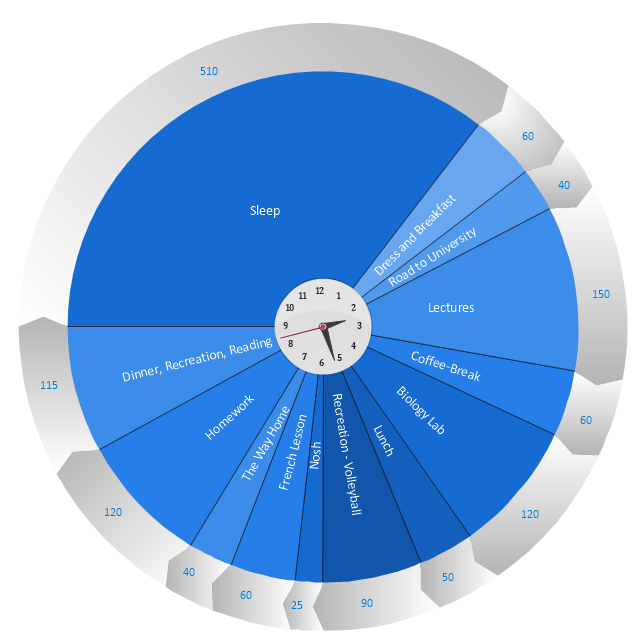 A pie chart illustrating the percentage of various tasks that can be automated in project management (Source: ConceptDraw)
A pie chart illustrating the percentage of various tasks that can be automated in project management (Source: ConceptDraw)
Ethical Considerations in AI Project Management
As you integrate AI into your processes, it’s vital to address the ethical implications associated with its use. You need to consider issues like data privacy, accountability, and potential biases in AI systems. Understanding these factors is crucial to promoting a fair and transparent project management process.
Data privacy is a significant concern, especially when using AI tools that require access to sensitive information. Organizations must comply with regulations like GDPR to ensure that personal data is handled responsibly. Additionally, biases in AI can lead to discrepancies in project outcomes, affecting how resources are allocated and how team dynamics function.
In a recent survey, 85% of CEOs expressed their commitment to ethical AI practices. As project managers, it's essential to uphold these ethical standards in AI usage—not only as a legal obligation but as a means of fostering trust within your team and with stakeholders.
 An infographic detailing ethical considerations and best practices for utilizing AI in project management (Source: Infotrends)
An infographic detailing ethical considerations and best practices for utilizing AI in project management (Source: Infotrends)
Preparing for AI Technologies: Training for Project Managers
To effectively harness the power of AI, you need the right skills and knowledge. As a project manager, you should focus on understanding AI concepts and their various applications. This encompasses not only data literacy but also ethical considerations in utilizing AI.
Experiential learning is particularly beneficial. Engaging in hands-on training experiences will help you become proficient in working with AI-driven project management tools. Studies indicate that 80% of roles in project management are expected to require proficiency in AI by 2030, underscoring the necessity for relevant training initiatives.
By connecting with professional organizations that offer AI training, you'll enhance your team's capabilities effectively. Workshops that provide real-world experience with AI tools will equip you to leverage technology in a way that drives success.
An image showcasing different training programs available for project managers (Source: Team Academy)
Embracing the Future: Trends Shaping AI in Project Management
Looking ahead, AI is poised to continue reshaping project management practices. Emerging trends suggest that over 80% of tasks within project management could be managed by AI by the year 2030. This shift not only enhances operational efficiency but also transforms the role of the project manager.
As technologies like generative AI gain prominence, their applications are expanding to include improved decision-making and task automation. Consequently, project managers will be required to cultivate new skill sets centered on data analysis and strategic oversight.
These trends highlight the necessity for adaptability in your project management approach. By welcoming advancements in AI, you open up possibilities for streamlining processes, improving outcomes, and prioritizing projects that offer the highest likelihood of success.
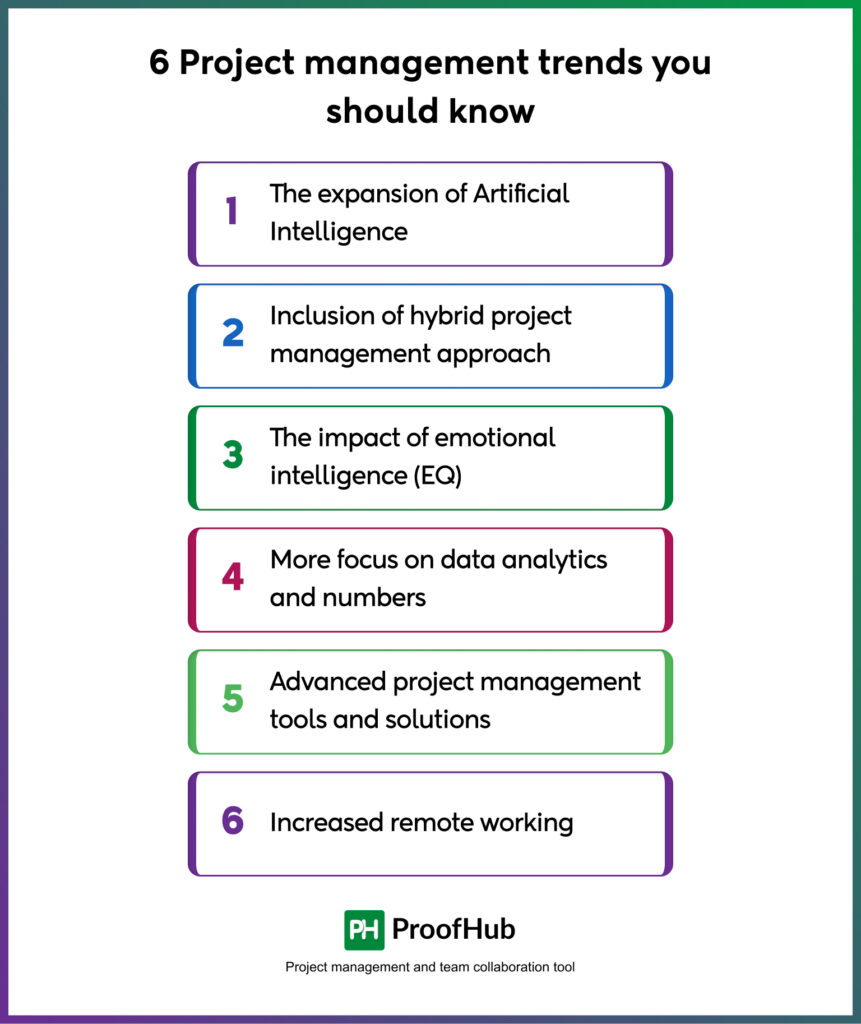 A visual representation of emerging trends in AI for project management (Source: ProofHub)
A visual representation of emerging trends in AI for project management (Source: ProofHub)
Conclusion
Integrating AI into your project management processes presents a significant opportunity to enhance your effectiveness as a project manager. By incorporating AI technologies seamlessly, you can streamline operations, improve decision-making, and enhance both productivity and accountability within your team.
This guide has explored the benefits of AI integration, the challenges you may encounter, and the ethical implications involved. It is essential to remain informed about emerging trends and equip yourself with the necessary skills to leverage these technologies effectively.
The journey of AI integration begins now. Embrace these advancements, and let them enhance your project management practices for better results.

Mga Komento (0)
Mag-sign in upang makilahok sa talakayan o .